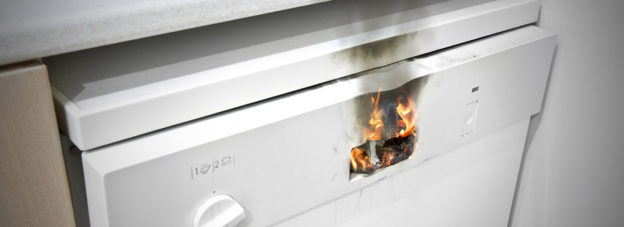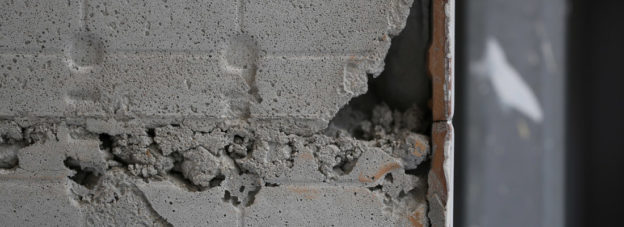In subrogation cases where the insured’s damages were caused by a defective product, the fact that the product at issue is or was subject to a recall announced by the Consumer Product Safety Commission (CPSC) may help to establish that the product was defective when it left the manufacturer’s possession and control. On October 15, 2020, the CPSC announced the following recall related to a product that presents a fire hazard:
Sales BSD Recalls Homerygardens Extension Cord Splitters Due to Fire Hazard (Recall Alert).
According to the CPSC, “[t]he wire size of the recalled extension cords cannot handle the appropriate amp load and lacks protective features, posing a fire hazard.”







